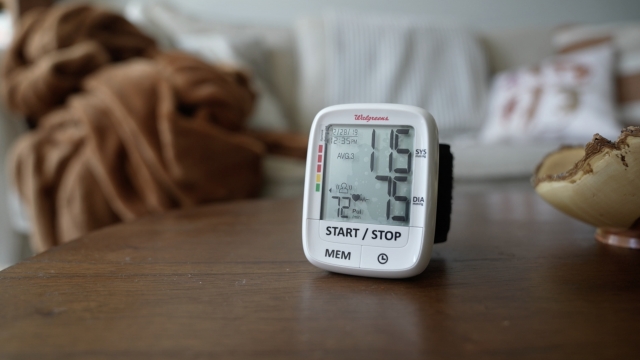As a mom of three kids, Elizabeth Zulick is used to juggling a lot. The 36-year-old recently gave birth to her third child and knows many moms often put their children's wellbeing ahead of their own medical care.
"Some days I'll realize the entire day has gone by and I haven't eaten anything. It's chaos, is the only way to say it," said Zulick, who lives outside of Boston with her family.
But it turns out there may be more help out there for new moms like Zulick trying to manage their own health, right on their cellphones.
Researchers have found a way to use text messaging and remote blood pressure monitoring as a simple way to catch problems early.
"It's a really challenging period for a lot of new moms," said Dr. Adi Hirshberg, who studies Maternal Fetal Medicine at Penn Medicine in Philadelphia.
Hirshberg and her colleagues have spent the last few years helping moms who have recently given birth keep track of their blood pressure. They gave new moms a blood pressure monitor, then sent a text message to those moms every day asking them to text back with their blood pressure numbers.
SEE MORE: Upcycled organs and pig hearts: where cardiac transplant is headed
"You can do this anywhere, from your home or the car, check your blood pressure, text it back, and you'll find out right away what the results are," she explained.
The study found that new mothers with high blood pressure who participated in postpartum remote blood pressure monitoring were less likely to have complications and hospitalizations after giving birth.
With daily monitoring, doctors could treat issues early.
Most new moms with high blood pressure are asymptomatic, Hirshberg said, and don't know anything is wrong.
"We hope it makes life easier for them, and it empowers them to pay attention to their health as well after a challenging time period," Dr. Hirshberg added.
"They're so focused on taking care of their baby they don't realize that they also need treatment for their own health," Hirshberg said.
Trending stories at Scrippsnews.com





